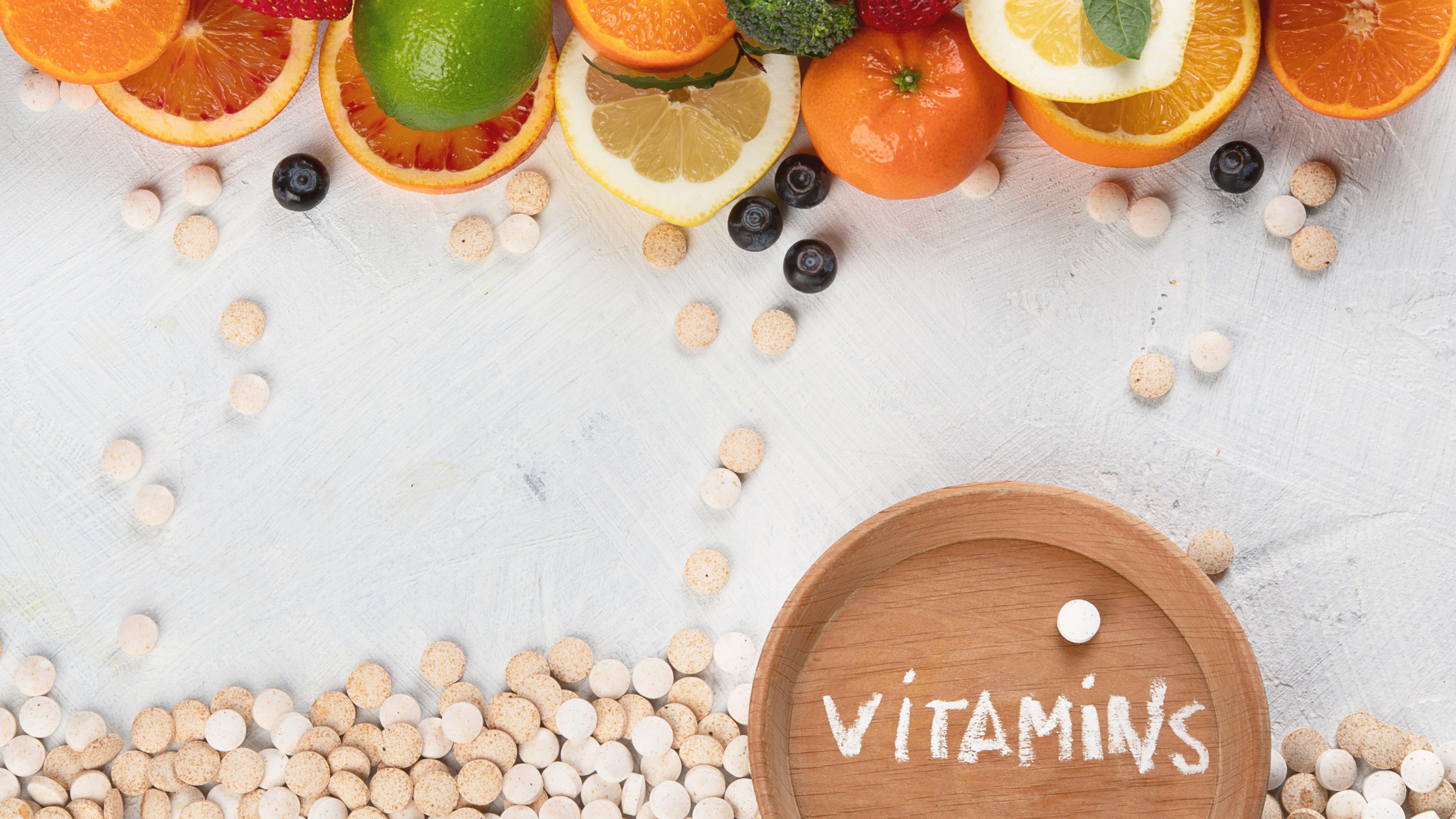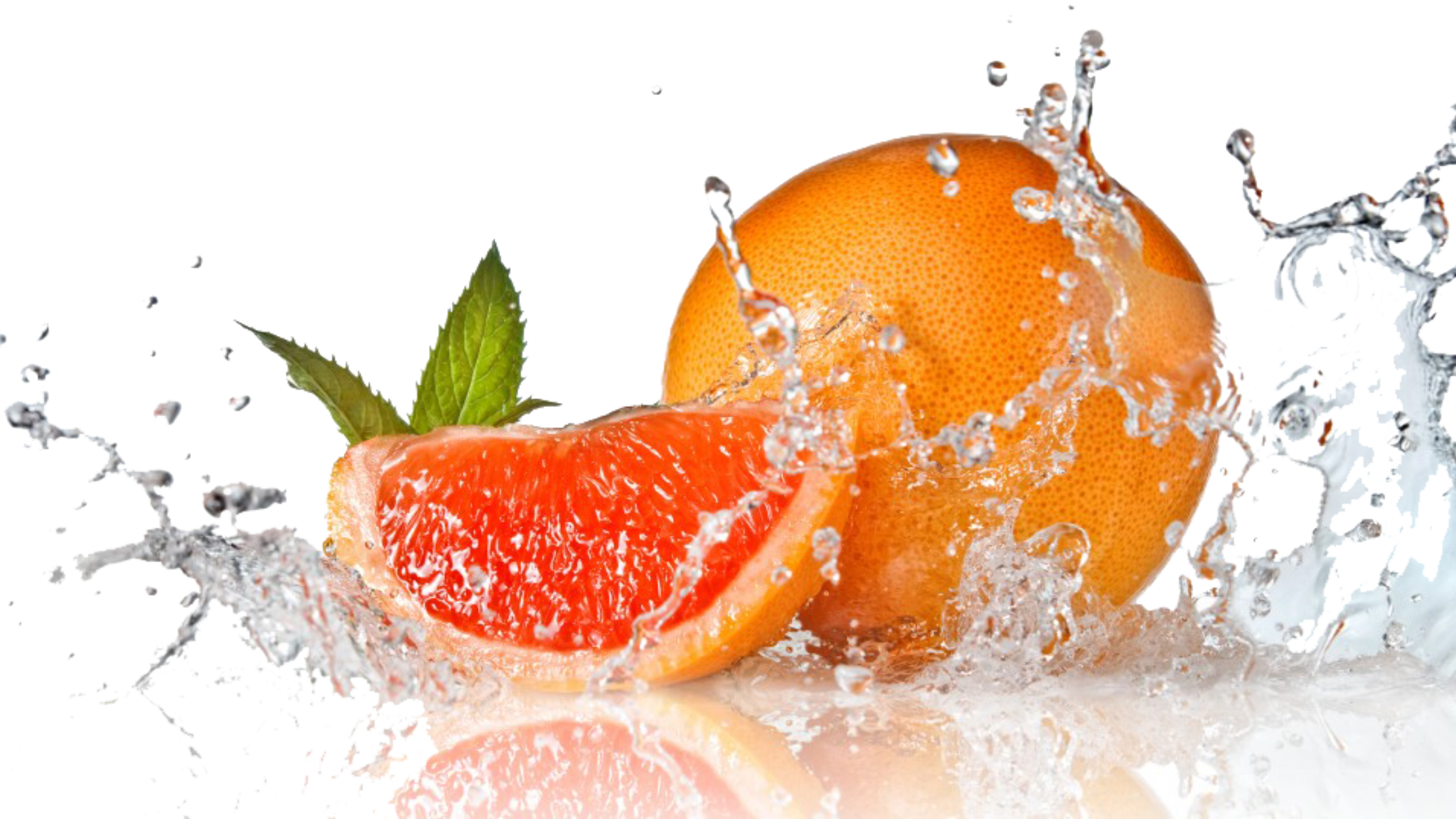
Collagen vs. Gelatin: Which One Offers Better Health Benefits?
Table of Contents
Introduction: Understanding the Differences
Collagen and gelatin are two popular supplements known for their joint, skin, and gut health benefits, but many people don’t fully understand their differences. While both are derived from animal connective tissues and contain essential amino acids, they differ in structure, digestibility, and how they interact with the body.
Understanding these differences is crucial for choosing the right supplement for your health needs. In this article, we’ll break down the science behind collagen and gelatin, compare their health benefits, and help you determine which one is best for you.
What Is Collagen?
Collagen is the most abundant protein in the human body, making up about 30% of total protein content. It plays a key role in maintaining skin elasticity, joint strength, and gut integrity.
The Role of Collagen in the Body
Collagen is a structural protein that provides strength and support to tissues, including:
- Skin: Helps maintain firmness and elasticity.
- Joints & Cartilage: Supports flexibility and reduces stiffness.
- Gut Lining: Plays a role in intestinal barrier function, supporting digestion.
- Hair & Nails: Contributes to growth and resilience.
Collagen supplements are usually hydrolyzed collagen peptides, meaning they are broken down into smaller, easily absorbed amino acids.
What Is Gelatin?
Gelatin is a partially hydrolyzed form of collagen, meaning it is derived from collagen but undergoes limited processing. When mixed with hot liquid, gelatin forms a gel-like substance, making it a common ingredient in gummies, broths, and thickened foods.
The Role of Gelatin in the Body
Because gelatin is derived from collagen, it provides many of the same health benefits, including:
- Joint Support: Helps maintain cartilage and connective tissue.
- Gut Health: Supports intestinal lining integrity, reducing gut permeability.
- Skin Hydration: Contributes to moisture retention and elasticity.
While gelatin offers similar amino acids as collagen, its gelling properties make it less versatile for supplementation compared to hydrolyzed collagen peptides.
Key Health Benefits of Collagen and Gelatin
Both collagen and gelatin provide essential amino acids that support overall wellness. However, their unique properties make them beneficial for different health goals. Below is a breakdown of how each contributes to overall well-being.
Collagen Benefits
- Supports Skin Elasticity: Collagen helps maintain skin firmness and hydration, reducing signs of aging.
- Enhances Joint and Bone Health: Collagen plays a role in cartilage formation, potentially improving joint flexibility and reducing stiffness.
- Promotes Hair and Nail Strength: Supplementing with collagen may improve hair thickness and nail durability.
- Aids Gut Lining Integrity: Collagen provides essential amino acids like glutamine, which help maintain a strong gut barrier.
Gelatin Benefits
- Supports Digestion and Gut Health: Gelatin contains gel-forming properties, which coat the gut lining and support digestive function.
- Enhances Skin Hydration: Similar to collagen, gelatin may improve skin moisture retention, promoting a more youthful appearance.
- Promotes Joint Flexibility: Studies suggest that gelatin may contribute to cartilage regeneration, reducing joint pain over time.
While both supplements offer overlapping benefits, collagen peptides are better suited for direct supplementation, while gelatin is useful for cooking applications and gut health support.
Digestibility and Absorption: Which Is More Effective?
One of the biggest differences between collagen and gelatin is how easily they are absorbed by the body.
Collagen Peptides: Fast Absorption
Collagen peptides undergo hydrolysis, meaning they are broken down into smaller amino acid chains. This makes them easier for the body to absorb and quickly utilized for skin, joint, and gut health benefits.
Gelatin: Slower Digestion
Gelatin retains a more complex structure, requiring additional breakdown in the digestive system before the body can absorb its nutrients. While still beneficial, it is not as bioavailable as hydrolyzed collagen peptides.
If your goal is to boost collagen levels quickly, collagen peptides are the better option. However, if you need digestive support, gelatin may be the superior choice.
Best Uses for Collagen vs. Gelatin
Depending on your lifestyle and dietary preferences, you may find that one supplement works better for certain applications.
Best Ways to Use Collagen
- Collagen Powder in Smoothies: Easily dissolves in hot or cold liquids, making it a convenient addition to protein shakes.
- Coffee or Tea: Collagen peptides mix well in warm beverages without altering the taste.
- Collagen Capsules: A convenient option for those who prefer supplementing without altering their diet.
Best Ways to Use Gelatin
- Homemade Gummies: Gelatin’s thickening properties make it ideal for healthy snack recipes.
- Thickening Soups and Sauces: A great alternative to processed thickeners.
- Bone Broth: Gelatin naturally occurs in slow-cooked broths, providing gut-healing benefits.
Both supplements have their place in a well-rounded diet, and incorporating both collagen and gelatin can provide a broader range of benefits.
Which One Should You Choose?
When deciding between collagen and gelatin, your choice will depend on your specific health goals and lifestyle preferences. Both provide similar benefits, but their structure and absorption rates differ.
Choose Collagen If:
- You want fast-absorbing protein for skin, hair, and nails.
- You need joint support and want to maintain cartilage health.
- You prefer a versatile, easy-to-use supplement that dissolves in coffee, smoothies, or water.
- You want a convenient way to supplement protein intake without changing your diet.
Choose Gelatin If:
- You’re focused on gut health and digestion, as gelatin helps support the intestinal lining.
- You enjoy cooking and meal preparation, since gelatin is ideal for making homemade gummies and soups.
- You need a natural thickener for broths, sauces, or desserts.
For overall wellness, many people choose to incorporate both collagen and gelatin into their routine to maximize benefits. If you prefer convenience, collagen peptides are the best choice, whereas gelatin is ideal for those who enjoy cooking and meal prepping.
Frequently Asked Questions
1. Are collagen and gelatin the same thing?
No. While both come from animal connective tissue, collagen is hydrolyzed into smaller peptides, making it easier to absorb. Gelatin is a partially hydrolyzed form that gels in liquid.
2. Can I take both collagen and gelatin?
Yes! Many people use collagen for daily supplementation and gelatin for cooking or gut support. Both provide similar amino acids that contribute to joint, skin, and digestive health.
3. Which is better for gut health?
Gelatin is generally better for coating and soothing the digestive tract, making it ideal for gut health. However, collagen peptides also contribute to gut barrier integrity and may support digestion.
4. Does gelatin have the same anti-aging benefits as collagen?
Both support skin hydration and elasticity, but collagen peptides are more easily absorbed and used for skin renewal and repair.
5. How long does it take to see benefits from collagen or gelatin?
Most people notice improvements in skin, joint, and gut health within 4-6 weeks of consistent use. However, individual results may vary based on diet, dosage, and overall health.
Final Thoughts
Collagen and gelatin are both valuable supplements that offer a range of health benefits, from improving skin elasticity to supporting joint health and digestion. However, they are not identical—their differences in structure, digestion, and usage determine which one may be best for your individual needs.
If you’re looking for a fast-absorbing, convenient supplement to support skin, joints, and gut health, collagen peptides are the better choice. If you’re more focused on gut support, cooking, or thickening recipes, gelatin is the better option.
For optimal results, you can incorporate both collagen and gelatin into your routine. Whether you mix collagen powder into coffee or use gelatin for homemade gummies, these supplements can play an important role in overall wellness and longevity.
As always, choosing high-quality, clean-sourced collagen and gelatin is essential to maximize benefits. Look for products that are non-GMO, grass-fed, and free from additives or fillers.
By making an informed choice, you can enjoy the full range of benefits these powerful proteins offer and support your long-term health naturally.









